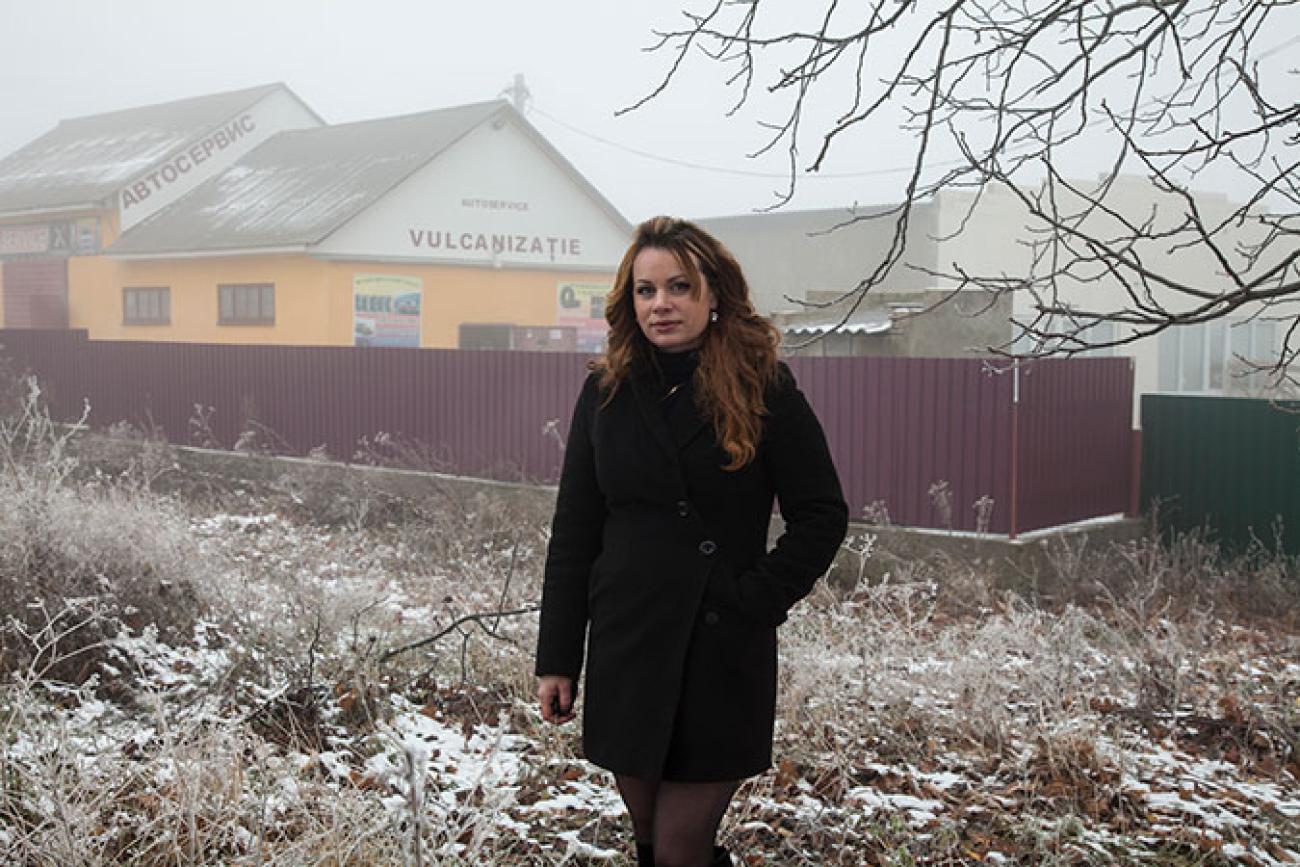Tatiana Covalciuc returned to Moldova to start a business, but faced corruption. Today she aims to set up support structures for returning migrants.
“The local authorities looked at us, as if we were money bags, not people, when my husband and I tried to register our first business in our home town, Soroca, in Moldova. From unsolicited inspections to raids by the police, there were no limits to the corruption.
My husband and I had spent sixteen years as labor migrants in Spain and had always dreamed of returning to Moldova and running our own business. We managed to save enough money to start building a car repair shop.
Fed up with the harassment, I appealed to the media. My story gained national traction and I even received a phone call from the Prime Minister’s office, along with messages of support from the Moldovan diaspora abroad. The local authorities promptly removed the roadblocks and I was able to register and launch my business.
I don’t want others to struggle as I did for decent work. That’s why I have decided to run in the future local elections to become a councilor in the local government to contribute to the economic growth of my city. My key priority is to develop support structures for returning migrants to help them reintegrate into the economic and cultural life. Most migrants feel helpless when they return home due to the lack of support organizations. I am determined to use my experience to change this.
Tatiana Covalciuc, 39, owns a car repair shop in Soroca, in Moldova. She participated in a joint UN Women-UNDP programme, “Women in Politics”, funded by the Government of Sweden, which strengthened leadership skills of women from underrepresented groups to prepare them for decision-making processes at local and national levels. Ms. Covalciuc is aiming to apply to become a member of the local government in the next election. Her story is related to Sustainable Development Goal (SDG) 8, which promotes sustained, inclusive and sustainable economic growth, full and productive employment and decent work for all, and also SDG 5, which promotes gender equality and women’s empowerment, including in all areas of decision-making.



